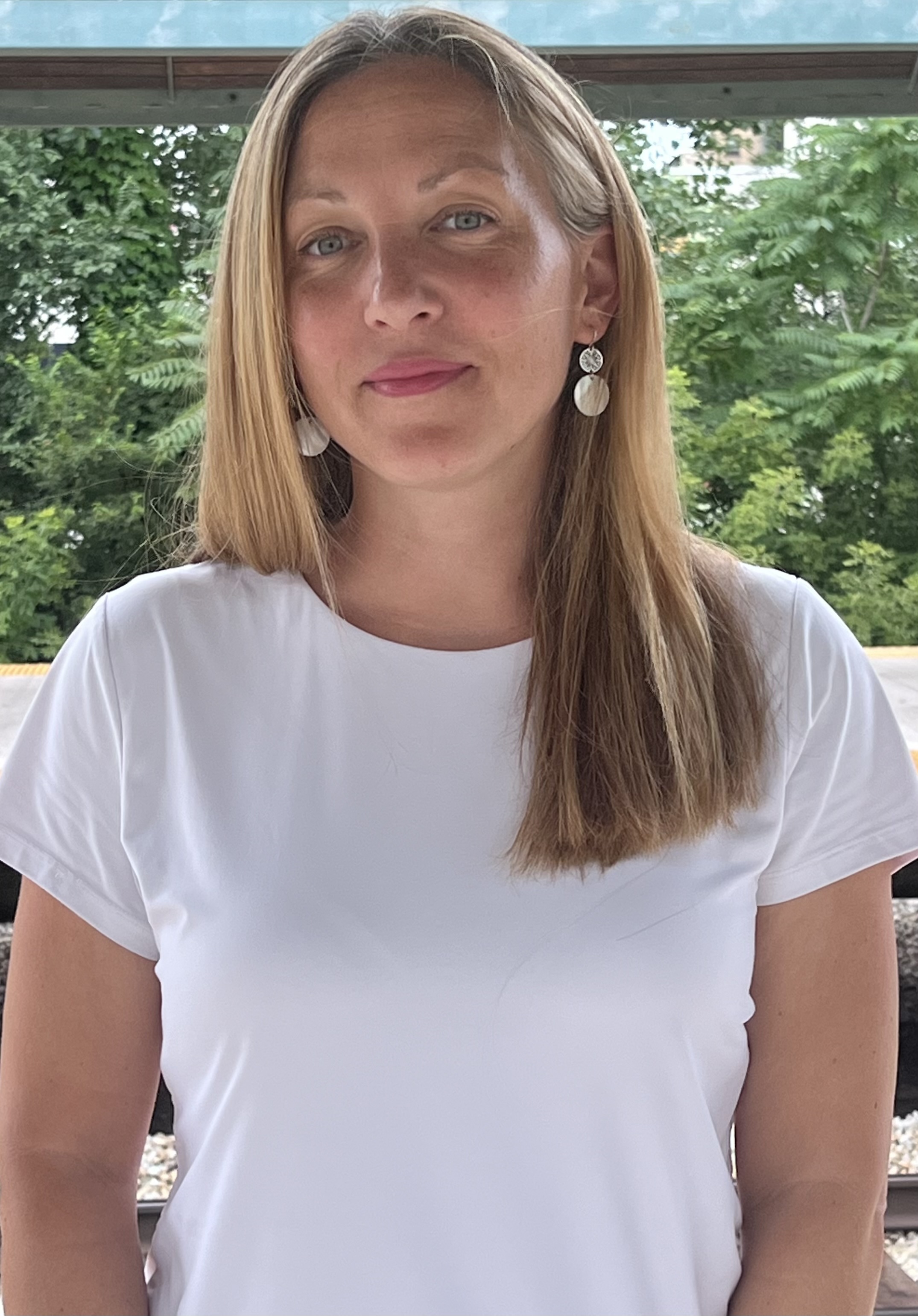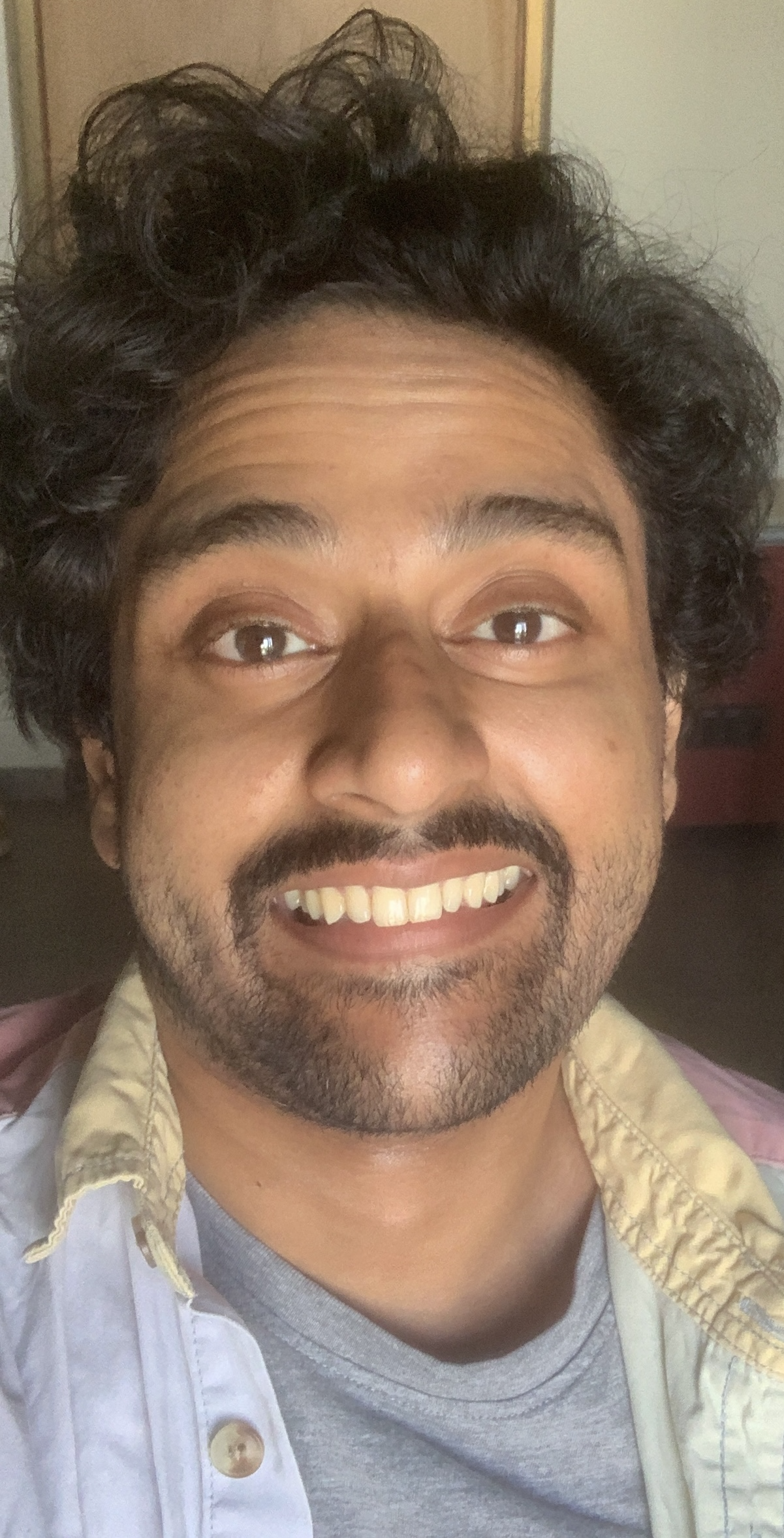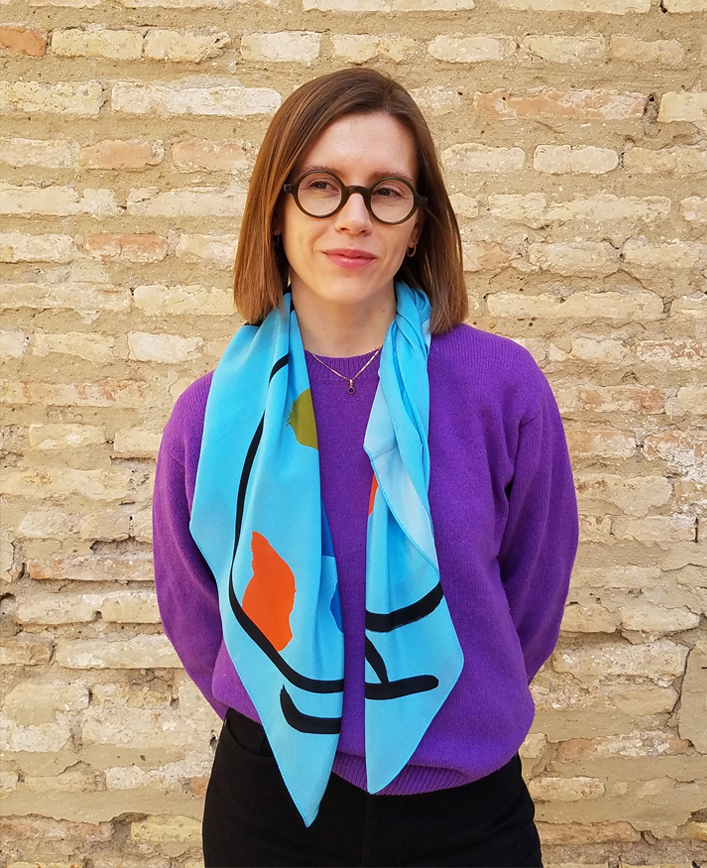
Postdoctoral Fellow in History
Marie Skłodowska-Curie Global Fellow
Postdoctoral Fellow, Department of History, University of Chicago
Postdoctoral Fellow, Department of Cultures and Civilizations, University of Verona, Italy
RESEARCH INTERESTS
visual and material culture; gender history; women and political agency; gender and political decision-making; history of fashion; history of the Republic of Venice; early modern Italian history; early modern European history
BIOGRAPHY
My current Marie Skłodowska-Curie project (2024-26), Objects, Spaces, and Material Culture. Gender and Politics in Early Modern European Republics (Venice, Genoa, XV-XVIII centuries) – acronym OSpaMa – focuses on female presence in republican contexts of the early modern period.
In a world where gender balance in decision-making is still a distant goal, the persistent imbalance of gender representation in decision-making roles echoes an unresolved historical issue. The legacy of excluding women from direct power continues to cast its shadow, often overlooked and underexplored.
In the republican contexts of the early modern period, unlike queens, princesses, and duchesses, the consorts of men in power did not provide heirs to the throne. Therefore, traditional historiography has generally considered their role to be quite marginal, if not entirely irrelevant. My project aims to challenge this notion by utilizing a variety of different sources (written texts, artworks, objects) and an innovative, interdisciplinary methodological approach.
By examining, from a comparative perspective, two Italian republics that maintained their independence until the end of the 18th century (Venice and Genoa), the project will investigate the protagonism of the wives and female relatives of the doges, their relationship networks, the creation and use of gendered spaces, and the acquisition and placement of furnishings in public and private apartments. The aim is to capture the sphere of female influence and agency, the attempts at negotiating power, and the strategies for promoting private and public interests.
During the 2022-23 academic year, I was a postdoctoral researcher at the University of Udine, Italy, working on a project about women's everyday writings (mainly account books) in Venice and the Veneto region during the early modern period.
In 2021, I completed my Ph.D. in History at the University of Pisa with a dissertation on the material culture of the Grimani di San Luca, a prominent family of the Venetian patriciate between the 16th and 17th centuries. Using unpublished written sources, artworks, and objects preserved in museums, my case study aimed to highlight the close connection between people and things in the definition of identity, gender, political careers, as well as family and social relationships, within the distinctive context of the Venetian republic.
The book resulting from my dissertation, titled I Grimani di San Luca: cultura materiale, genere e potere nella Venezia del Cinque e Seicento (Viella, forthcoming), will soon be published
Recent Research / Recent Publications
Artists and Artisans in the Account Books of Marino Grimani, Patrician and Doge of Venice (Late Sixteenth–Early Seventeenth Centuries), in Women Artists and Artisans in Venice and the Veneto, 1400-1750. Uncovering the Female Presence, ed. by T. Cooper, Amsterdam University Press, in press
Who Was Pompeo Caimo’s Library Intended For? Family Use and Public Endowment of a 17th Century Book Collection [with Laura Casella], in Paper Heritage in Italy, France, Spain and Beyond (16th to 19th Centuries). Collector Aspirations & Collection Destinies, Routledge 2024
Vicino nello spazio e distante nel tempo: Venezia e Roma negli abiti pubblici di Cesare Vecellio (1590, 1598), in De re vestiaria. Antichità e moda nel Rinascimento, ed. by D. Acciarino, Anteferma Edizioni, 2022
Vestire e comparire. L’abito della dogaressa Zilia Dandolo Priuli (1556-1566) tra codificazione ed esenzione dalle leggi suntuarie, in Questioni di moda: fonti, storia, iconografia, ed. by A. Zamperini, Il Poligrafo, 2021
La dogaressa Elisabetta Querini Valier (1694-1700) e un’inedita visibilità in Palazzo Ducale a Venezia, in La fama delle donne. Pratiche femminili e società tra Medioevo ed Età moderna, ed. by V. Lagioia, M. P. Paoli, R. Rinaldi, Viella, 2020

BIOGRAPHY
S. Prashant Kumar is a social and intellectual historian of science and empire, whose work examines the intersections between mathematics, astronomy, technology, and race. His current book project, The Light Threshers: Time, Caste, and Computational Labor in South Asia is a history of the production and distribution of time, from the late eighteenth century to the early years of independence in the mid-twentieth century. The book traces how forms of labor organized by caste and religion—from jyotihśāstra [Sanskrit astral science] to artisanal metallurgy—were transformed and incorporated into a global system of time measurement and scientific observation. The book’s central argument is that the production of time required the creation of an infrastructure for the processing of light. But the writing machine assembled to produce time from light also set up a dialectic between chronometry and historical chronology, one with far reaching consequences for the kinds of temporality inherited by the postcolonial state.
He is also an Honorary Fellow at the Archives at NCBS, Tata Institute of Fundamental Research, Bengaluru, a collecting center for the history of science in modern India. Prior to joining the IFK, he was a Research Scholar at the Archives at NCBS, Tata Institute of Fundamental Research, Bangalore; a Postdoctoral Fellow in Global Intellectual History at Humboldt-Universität zu Berlin; and a Visiting Assistant Professor of History at Haverford College. Previously trained in theoretical physics, Kumar received his PhD in History and Sociology of Science from the University of Pennsylvania in August 2021.
PUBLICATIONS
S. Prashant Kumar, “The Temple and the Observatory: A History of Data in India, 1783–1792,” in Global Aspects of Newtonianism, ed. Derya Gürses Tarbuck, (Routledge, 2025)
S. Prashant Kumar, “Colonial Time Machines: Chronometry and the Personal Equation between Europe and South Asia,” in Astronomical Observatories and Chronometry, 18th-20th Century: Studies in Honour of Paolo Brenni, eds. Gianenrico Bernasconi, Illeana Chinnici, and Marco Storni (Springer, 2025)
Anjali Ramachandran and S. Prashant Kumar, B.S. Madhava Rao Papers, MS-013, Finding Aid. (February 2024) Archives at NCBS, Tata Institute of Fundamental Research, Bengaluru. https://catalogue.archives.ncbs.res.in/repositories/2/resources/29
S. Prashant Kumar "The instrumental Brahmin and the “half-caste” computer: Astronomy and colonial rule in Madras, 1791–1835." History of Science 61.3 (2023): 308-337. https://doi.org/10.1177/00732753221090435

Marie Skłodowska-Curie Global Fellow
Postdoctoral Fellow, Department of History, University of Chicago
Postdoctoral Fellow, Faculty of Social Sciences, Katholieke Universiteit Leuven
Assistant Professor, Institute of Polish Culture, University of Warsaw (on sabbatical 2023–2026)
PhD'18 University of Warsaw
RESEARCH INTERESTS
visual and material culture; critical archives; oral history; cultural history; historical anthropology; migration and displacement; diaspora studies; transnational history; Central and Eastern Europe.
BIOGRAPHY
My current project, “Critical Archives of Ordinariness: Vernacular Moving Image Practices and Migrant Identity in Polish Chicago” (acronym: Not-So-Ordinary) investigates home movies and related oral histories of Polish Chicago before the digital era to challenge and broaden our understanding of evolving migrant and diaspora identities. Following critical archive studies’ call to empower communities underrepresented in historiography by developing and interrogating archival collections, the project juxtaposes home movies – “ordinary” motion pictures created for family and close friends – with interviews with their creators to uncover the “not-so-ordinary” capabilities of this underused data source for studying minority groups. The project investigates a specific case: the interplay of vernacular moving image practices and the transformations of Polish diaspora identity in Chicago; however, it leads to conclusions of wider significance. it contributes to cultural anthropology by identifying the role of vernacular moving image practices in shaping identities; it advances media archeology by showing how evolving analog home movie technology altered vernacular moving image practices; it expands the field of transnational history by investigating home movies circulating between countries; it demonstrates how to contextualize historical home movies by creating a research collection of home movies and related oral histories; it advances research methods by providing guidance on home movies as a research source and by showing the use of the movie-interview analytical unit. The Not-So-Ordinary project is funded by the European Commission under the Marie Skłodowska-Curie Action and implemented at the University of Chicago (academic years 2023/24 and 2024/25) and Katholieke Universiteit Leuven (academic years 2025/26).
In my PhD thesis I examined the “life of things” – transnational history of material culture from the perspective of post-WW II Poland. I introduced three analytical categories of things – found, hospitable, and newfangled – and showed how they improve the understanding of the relationships between people and objects in the situation of austerity and displacement. The thesis was published by the University of Warsaw Press (2019) and won the Inka Brodzka-Wald Award for the best doctoral dissertation in the contemporary humanities in Poland.
I completed my PhD at the University of Warsaw (2018, summa cum laude). I spent part of my PhD studies at University College London (2014) and Indiana University Bloomingotn (2016). I have been a postdoc at the Univeristy of Chicago (2019) and Indiana University Bloomingotn (2022). Since 2020, I have been an assistant professor at the University of Warsaw (currently on sabbatical leave 2023-2026). My research has been supported by European Commission, Polish National Science Centre, and Kosciuszko Foundation, among others.
In my academic work, I strive for socially relevant historical inquiry, research-based teaching, and inspiring outreach.
Recent Research / Recent Publications
Życie rzeczy w powojennej Polsce [The Life of Things in Post-war Poland], Warsaw: Wydawnictwa Uniwersytetu Warszawskiego (University of Warsaw Press), 2019.
“‘Abandoned’ things: Looting German property in post-war Poland,” History and Anthropology 34, no. 4 (2023).
“Do spółdzielni produkcyjnej i z powrotem. Przemiany własności w powojennych narracjach pamiętnikarskich”[Towards the production cooperative and back. Ownership transformation in post-war memoir narratives], Kultura i Społeczeństwo 66, no. 2 (2022).
“Between Hospitality and Hostility: The Experience of Migration Through Things,” Journal of Intercultural Studies 43, no. 5 (2022).
“Rzeczy i historie potencjalne na obrzeżach reformy rolnej” [Things and Potential Histories on the Margins of Land Reform], Teksty Drugie 5 (2021).
“Wyznania amerykańskich komunistek” [Confessions of American Communists], Praktyka Teoretyczna 37, no. 3 (2020).
“Bazaars and Found Objects: Thing Culture in Post-war Poland,” Fashion Theory 21, no. 4 (2017).
“Uses and Abuses of History: A Case of the Comme des Garcons Fashion Show,” Critical Studies in Fashion and Beauty 5, no. 2 (2014).